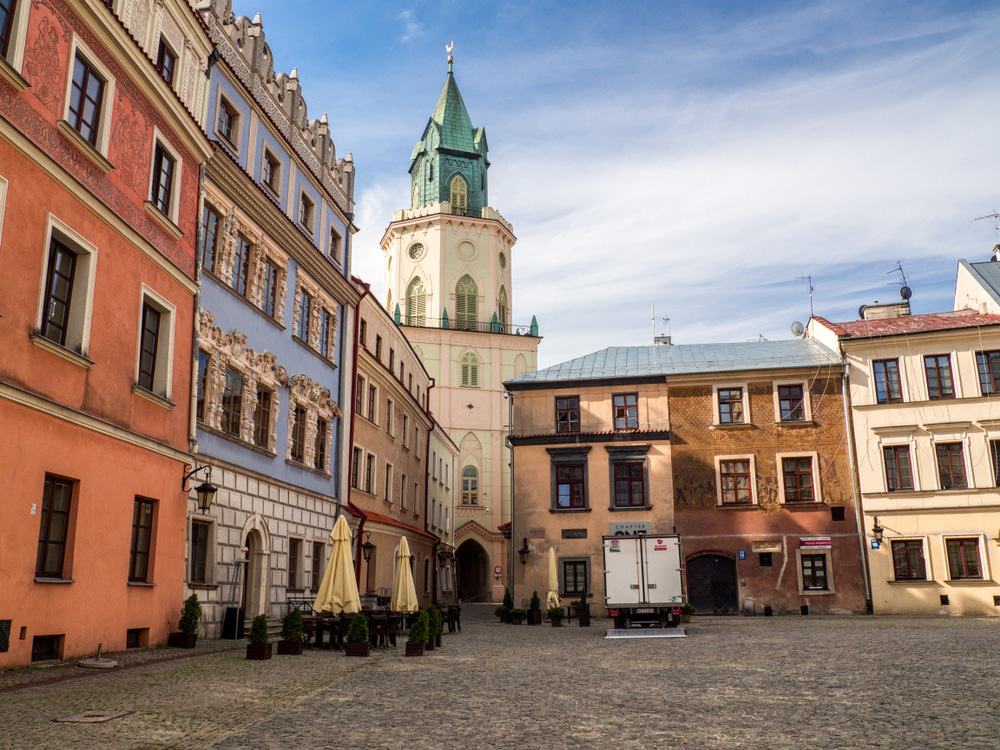
Shifting Locations – Reshaping Methods How New Fields of Research in Intercultural Theology and Interreligious Studies Elicit Methodological Extension
Lublin, Poland, 2015
Scholars in the fields of interreligious studies and intercultural theology have become increasingly aware of the complexity of these growing and interrelated fields. A glance at the works in these areas on any scholar’s bookshelf will quick demonstrate the wide variety of studies: from Henk Vroom’s Religions and the Truth to Marion Grau’s Rethinking Mission in the Postcolony, to Francis Clooney’s Comparative Theology: Deep Learning Across Religious Borders. What is now needed are approaches that look at the various locations where (both in the sense of geographical location as well as cultural context) interreligious/intercultural meetings are occurring and the specific challenges at stake. We see a variety of methodologies applied in response to the challenges that arise: discourse analysis, performance theories, postcolonial analysis, historical critique, empirical theology, the sociology of religion, etc.
Methodologies are no longer theoretical propositions formulated abstractly with scholars sitting behind library desks alone but compelled by locations and the discourses these locations impose. The classical philosophical approaches and methodologies, such as Greek philosophy, Cartesianism, Enlightenment thinking, that stimulated theology and religious studies in the past are now faced by challenges that are emerging more and more from contemporary studies in a number of fields. These new approaches allow theology to once again become intercultural and religious studies to become more deeply involved in interreligious relations. This conference introduced fresh insights gained from specific engagements with particular practices and in specific locations.
- Program
- Index of pictures of 2015-04-15
- Index of pictures of 2015-04-16
- Index of pictures of 2015-04-17
- Index of pictures of 2015-04-18
- Shifting Locations and Reshaping Methods